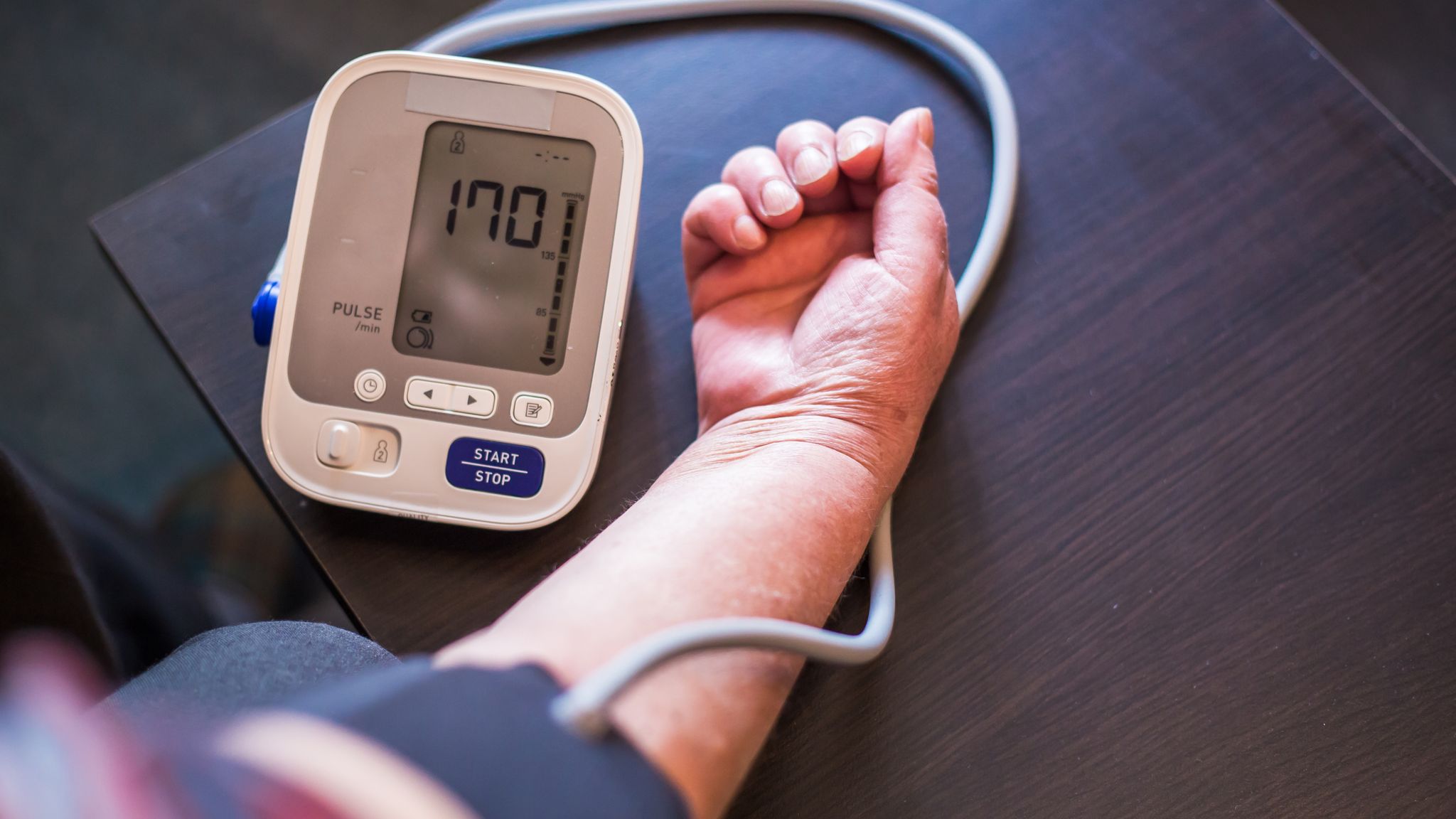
The Skyrocketing Demand for Blood Pressure Monitors in the Middle East
In recent years, the Middle East has witnessed a significant surge in the demand for blood pressure monitors. As the region’s awareness about cardiovascular health and preventive measures grows, more and more people are prioritizing monitoring their blood pressure regularly. This blog article delves into the rising market for blood pressure monitors in the Middle East, shedding light on the reasons behind the surge in demand and the potential benefits for individuals and healthcare systems alike.
- The Middle East’s Shifting Health Landscape:
The Middle East region has experienced a rapid transition in its health landscape, with an increasing prevalence of lifestyle diseases, including hypertension. The rise in sedentary lifestyles, unhealthy dietary habits, and high-stress levels contribute to the growing number of people at risk of high blood pressure and related complications. Consequently, individuals and healthcare professionals are recognizing the crucial role of blood pressure monitors in early detection, management, and prevention.
- Awareness and Accessibility:
Awareness campaigns, educational initiatives, and increased access to healthcare information have played a pivotal role in the rising demand for blood pressure monitors. Governments, non-profit organizations, and healthcare providers are actively involved in spreading awareness about the importance of regular blood pressure monitoring and its impact on overall health. Moreover, the availability of affordable and user-friendly blood pressure monitors has further fueled the market’s growth.
- Empowering Individuals:
The growing middle class in the Middle East is increasingly taking charge of their health and well-being. Blood pressure monitors empower individuals to monitor their blood pressure in the comfort of their homes, allowing them to take proactive steps towards maintaining a healthy lifestyle and reducing the risk of cardiovascular diseases. By taking control of their health, individuals are contributing to the overall well-being of their families and communities.
- Remote Patient Monitoring:
With the advent of digital health technologies, remote patient monitoring is gaining traction, particularly in the Middle East. Blood pressure monitors equipped with wireless connectivity and accompanying mobile apps enable individuals to conveniently track and share their readings with healthcare professionals. This trend is particularly significant in remote or underserved areas where regular doctor visits might be challenging.
- Increased Demand for Telemedicine:
Telemedicine, another rapidly growing area in the region, has further propelled the demand for blood pressure monitors. Patients, especially those with chronic conditions like hypertension, can benefit from remote consultations with healthcare professionals. Blood pressure monitors serve as valuable tools during these virtual visits, allowing doctors to make informed decisions based on accurate data.
The blood pressure monitor market in the Middle East is experiencing an unprecedented boom, driven by factors such as changing health landscapes, increased awareness, accessibility, and the digital health revolution. As the region continues to prioritize preventive healthcare, blood pressure monitors play a pivotal role in empowering individuals to take control of their cardiovascular health. The rising market not only signifies a positive shift towards a healthier population but also highlights the potential for improving healthcare systems through remote patient monitoring and telemedicine in the Middle

0 comments